With great power comes great responsibility. In today's ever-connected, digitally driven world, some of the greatest power lies in data. What can we do with it?
The use cases are vast, with life-changing effects. If you want to see the bright side of data collection and use, the Data + event series is for you. Hosted by Alumni Relations, in conjunction with the Faculty of Math, we'll explore how data can help us solve today's greatest problems and see the world in a dramatically new way.
In each themed event, you'll hear from a panel of subject-matter experts working in the labs, companies and communities driving change with data. Panel discussions will be moderated by a member of the Waterloo community who has specialized knowledge on the event's theme.
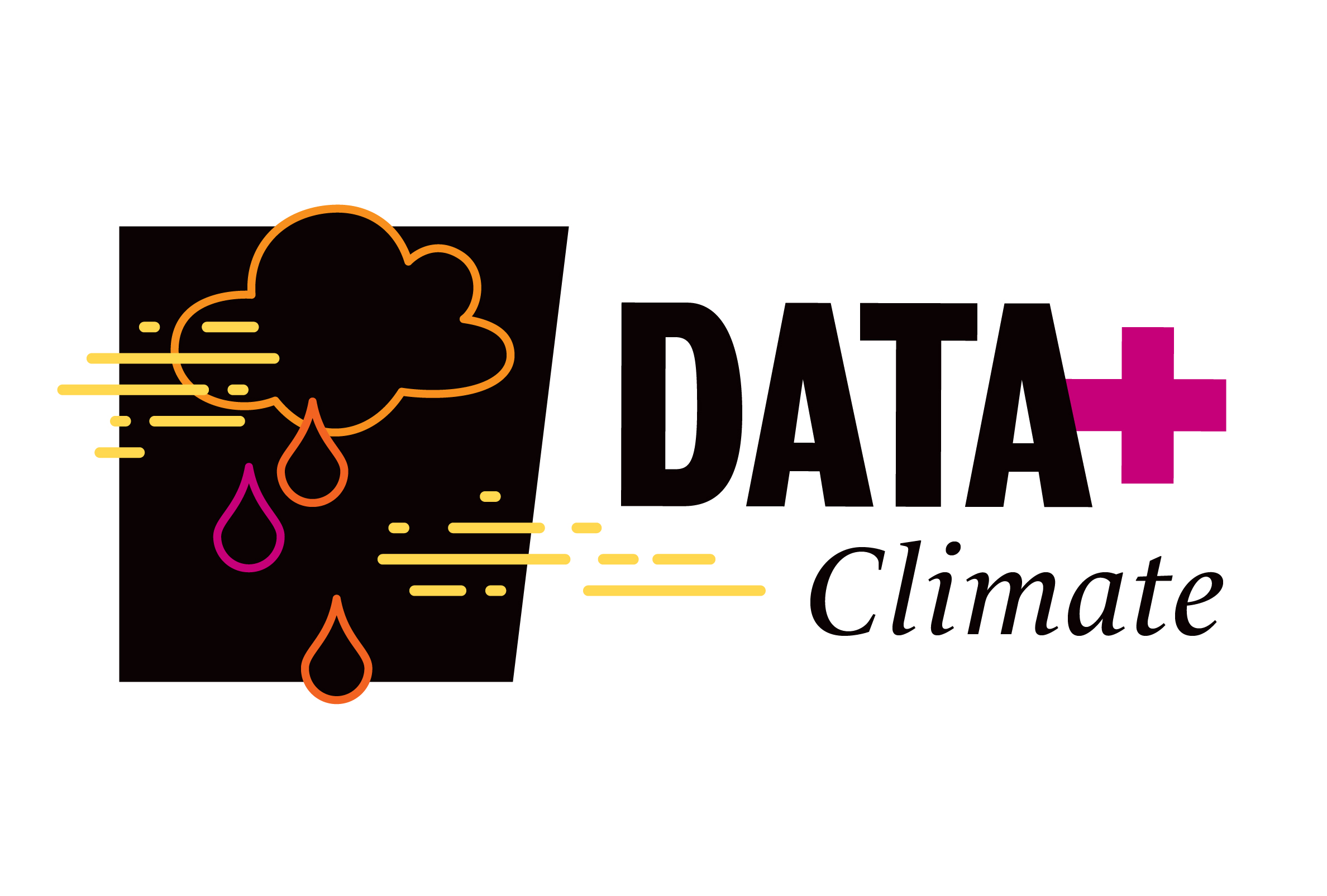
Data + Climate
Tuesday, April 26, 2022
12:00 p.m. to 1:30 p.m. ET | Online on Hopin
How do we use data to understand that our climate IS changing, and that humans are responsible? In this event, we'll be considering the use of different data streams (climate modelling, satellite and aircraft measurement and surface observation) in emerging climate science. We will also explore how data and models are being used to develop solutions.
MEET THE SPEAKERS

Data + Health
Tuesday, May 17, 2022
6:30 p.m. to 8:00 p.m. ET | In-Person at Fed Hall, University of Waterloo | Online on YouTube Live
How has the history and evolution of meaningful data changed health care — in Canada and across the globe? In this event, we'll explore the things we have — and haven't — learned about collecting health data, and how we might use it to make health a human right around the world.
MEET THE SPEAKERS

Data + The Arts
Thursday, September 29, 2022
6:30 p.m. to 8:00 p.m. ET | In-person at Mathematics 3, University of Waterloo | Online on YouTube Live
Discover how artists are using data to create innovative works that influence change. In this event, you'll meet three artists using data to express beauty. This event is part of Alumni Black and Gold Day activities held this year from Thursday September 29 - Saturday October 1, 2022! Stay tuned for more details about all the events happening on campus including a Warriors varsity game, socials, and learning opportunities!
MEET THE SPEAKERS

Data + Diversity
Tuesday, March 7, 2023
6:00 p.m. - 8:00 p.m. ET | In-person only at Gardiner Museum 111 Queens Park, Toronto ON
What is ethical data governance and how can organizations use it to understand the composition of their employee bases? How are they using it strategically to change the face of their institutions? In this event, we'll explore how data can be used to strategically change the face of an institution and the benefits this could bring to society as a whole.
This series is proudly presented by TD Insurance Meloche Monnex. University of Waterloo alumni can enjoy preferred rates on car, home, condo and tenant insurance through the TD Insurance Meloche Monnex Program

If you require assistance getting connected to the event, email Alumni Relations.
|
Moderator: Chris Fletcher, Associate Professor Department of Geography and Environmental Management, and Associate Chair for Graduate Studies
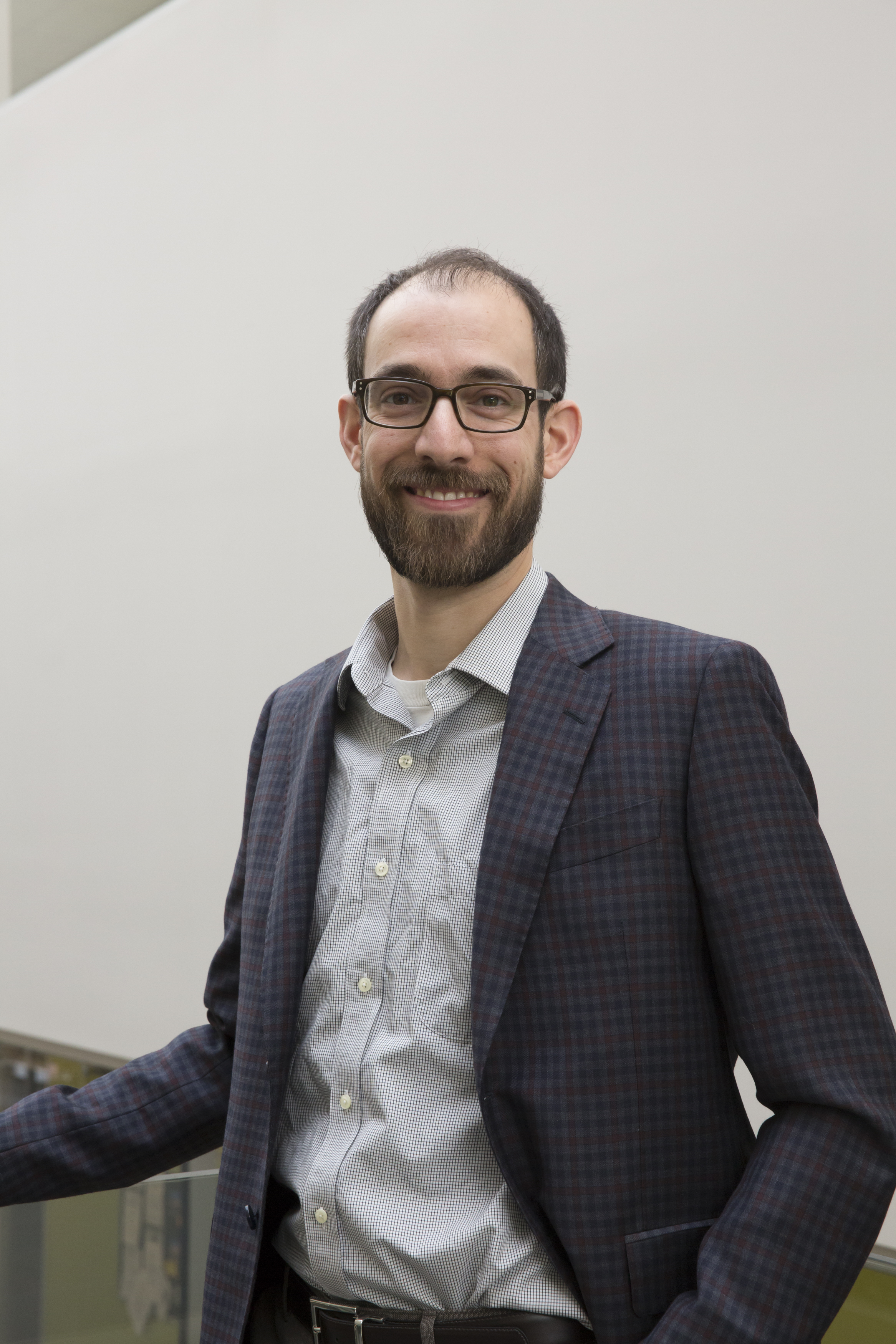
Chris Fletcher uses computer models of the global climate system to better understand climate variability and change on timescales from seasons to decades to centuries. His research interest is in the role of atmospheric circulation in determining regional patterns of temperature and precipitation in past, present and future climates. Using state-of-the-art computer model simulations and machine learning technologies, Chris’s research group conducts numerical experiments with a hierarchy of climate modelling tools. These models are complex pieces of software, run on the world’s most powerful super computers, and Chris’s group also researches how to make climate models more computationally efficient. Group expertise includes scientific computing, physical climatology and analysis of big data.
|
Dave Bailey BMath ‘91, Associate Scientist, Climate & Global Dynamics Lab, National Center for Atmospheric Research

As a proud graduate of University of Waterloo co-op program, Dave’s work terms informed his career path and contributed to his interest in sea ice modelling. Dave obtained an MS in Oceanography from UBC and built his specialization of data assimilation. Following his PhD in Astrophysical, Planetary and Atmospheric Science in 2001 from the University of Colorado, Dave focused on Arctic/North Atlantic exchanges of fresh water and sea ice and the connection to the global ocean overturning circulation. All of this research and experience has led to a leading expertise in computer modelling with very large datasets particularly pertaining to the impact of climate on sea ice.
|
Dr. Ray Nassar PhD ’06, Atmospheric Scientist - Environment & Climate Change Canada
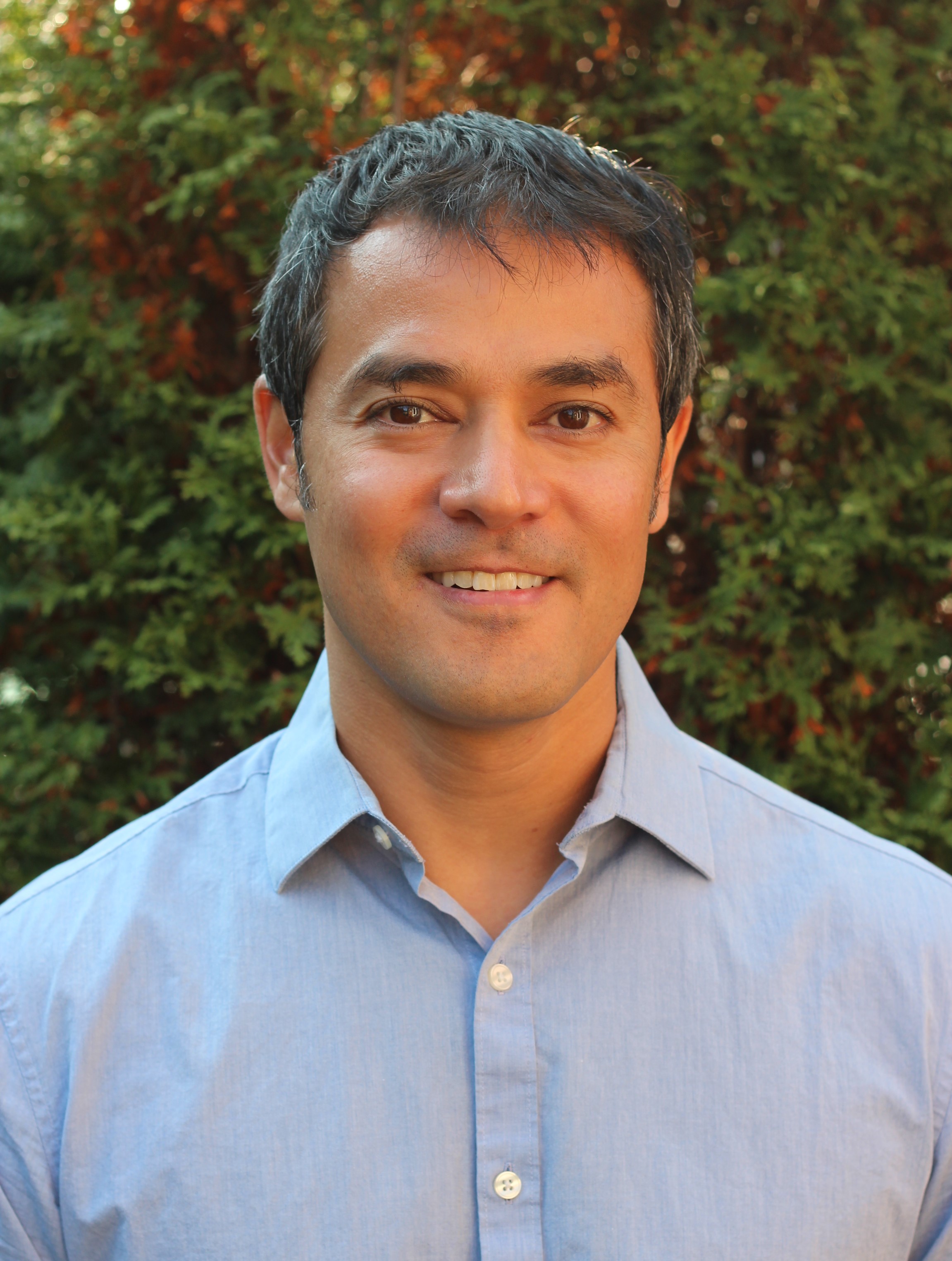 Dr. Ray Nassar PhD ’06 is a Research Scientist at Environment and Climate Change Canada (ECCC) and completed his B.Sc. and Ph.D. in Chemistry from the University of Waterloo. His Ph.D. research involved numerous aspects of Canada’s Atmospheric Chemistry Experiment (ACE) / SCISAT satellite mission including interpretation of these observations to improve our understanding of atmospheric processes related to ozone and climate. His postdoctoral research at Harvard University in the Atmospheric Chemistry Modelling group and at the University of Toronto in the Department of Physics examined CO2 inverse modelling with satellite data. Dr. Nassar has been at ECCC since 2010 and has over 60 publications in atmospheric science, spectroscopy and satellite remote sensing. His current research includes using satellite observations and models to quantify natural and anthropogenic CO2 and CH4 emissions and he is a science team member for NASA’s Orbiting Carbon Observatory 2 (OCO-2), OCO-3 and GeoCarb missions. He is also the principal investigator of a proposed Canadian satellite mission concept to deliver enhanced weather and climate observations over northern regions. He has been a reviewer for multiple Intergovernmental Panel on Climate Change (IPCC) assessment reports and currently serves on Canada’s Atmospheric Science Advisory Committee (ASAC) to the Canadian Space Agency (CSA). Dr. Ray Nassar PhD ’06 is a Research Scientist at Environment and Climate Change Canada (ECCC) and completed his B.Sc. and Ph.D. in Chemistry from the University of Waterloo. His Ph.D. research involved numerous aspects of Canada’s Atmospheric Chemistry Experiment (ACE) / SCISAT satellite mission including interpretation of these observations to improve our understanding of atmospheric processes related to ozone and climate. His postdoctoral research at Harvard University in the Atmospheric Chemistry Modelling group and at the University of Toronto in the Department of Physics examined CO2 inverse modelling with satellite data. Dr. Nassar has been at ECCC since 2010 and has over 60 publications in atmospheric science, spectroscopy and satellite remote sensing. His current research includes using satellite observations and models to quantify natural and anthropogenic CO2 and CH4 emissions and he is a science team member for NASA’s Orbiting Carbon Observatory 2 (OCO-2), OCO-3 and GeoCarb missions. He is also the principal investigator of a proposed Canadian satellite mission concept to deliver enhanced weather and climate observations over northern regions. He has been a reviewer for multiple Intergovernmental Panel on Climate Change (IPCC) assessment reports and currently serves on Canada’s Atmospheric Science Advisory Committee (ASAC) to the Canadian Space Agency (CSA).
|
Andrea Scott, Associate Professor and Associate Chair Undergrad Studies, Systems Design Engineering
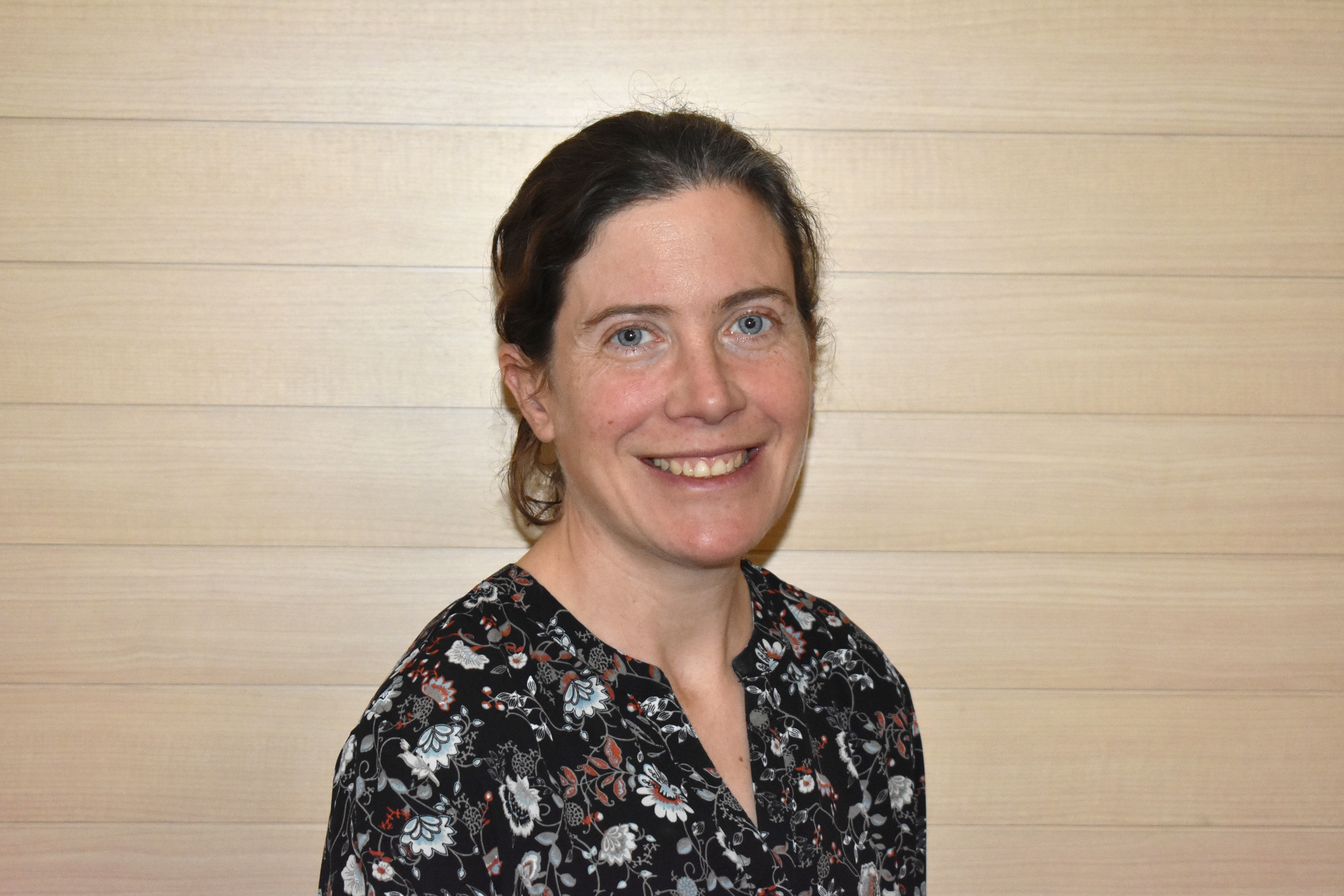 K. Andrea Scott BASc ’99, PhD ’08 is an Associate Professor in Systems Design Engineering at UW. Her research focuses on data to improve model predictions, sea ice remote sensing, fluid dynamics and data-drive approaches. More specifically her research considers the assimilation of sea ice thickness and temperatures from visual and infrared sensors and uses Synthetic Aperture Radar (SAR) data to estimate sea ice concentration. Prior to her role as Professor at UW, Professor Scott conducted postdoctoral research at Environment Canada where she was part of a team working on the assimilation of data to improve forecasts of sea ice conditions. K. Andrea Scott BASc ’99, PhD ’08 is an Associate Professor in Systems Design Engineering at UW. Her research focuses on data to improve model predictions, sea ice remote sensing, fluid dynamics and data-drive approaches. More specifically her research considers the assimilation of sea ice thickness and temperatures from visual and infrared sensors and uses Synthetic Aperture Radar (SAR) data to estimate sea ice concentration. Prior to her role as Professor at UW, Professor Scott conducted postdoctoral research at Environment Canada where she was part of a team working on the assimilation of data to improve forecasts of sea ice conditions.
|
|
Moderator: Anita Layton, Professor of Applied Mathematics, Computer Science, Pharmacy & Biology University of Waterloo

As the Canada 150 Research Chair in Mathematical Biology and Medicine and Professor of Applied Mathematics, Computer Science, Pharmacy and Biology at the University of Waterloo, Anita leads a diverse and interdisciplinary team of researchers using computational modeling tools to better understand aspects of health ad disease. Using mathematics as a microscope, Anita’s group collaborates with physiologists, biomedical engineers and clinicians to formulate detailed models of cellular and organ function. Using model simulations and predictions, the group answers questions regarding differences in drug responses between sexes and how the timing of medication dosage impacts interactions, effectiveness and the body’s circadian rhythms.
|
Catherine Burns, BASc '92, Associate Vice-President, Health Initiatives at the University of Waterloo

Catherine M. Burns BASc ’92, is a Professor in Systems Design Engineering at the University of Waterloo, Canada where she directs her research lab, the Advanced Interface Design Lab and holds a Tier 1 Canada Research Chair in Human Factors and Healthcare Systems.
Catherine is well known for her work in Cognitive Work Analysis, Ecological Interface Design and the development of decision support systems. In this area she has contributed over 250 publications and is the co-author of seven books. She is a Fellow of the Human Factors and Ergonomics Society. Catherine’s recent research projects have been exploring how naval crews work with data fusion systems, how people might work with artificial intelligence systems, interactions with automated vehicles, and support for improved medical decision making.
|
Cecilia Cotton, MMath ’03, Associate Professor/Associate Chair, Undergraduate Studies, Statistics and Actuarial Science
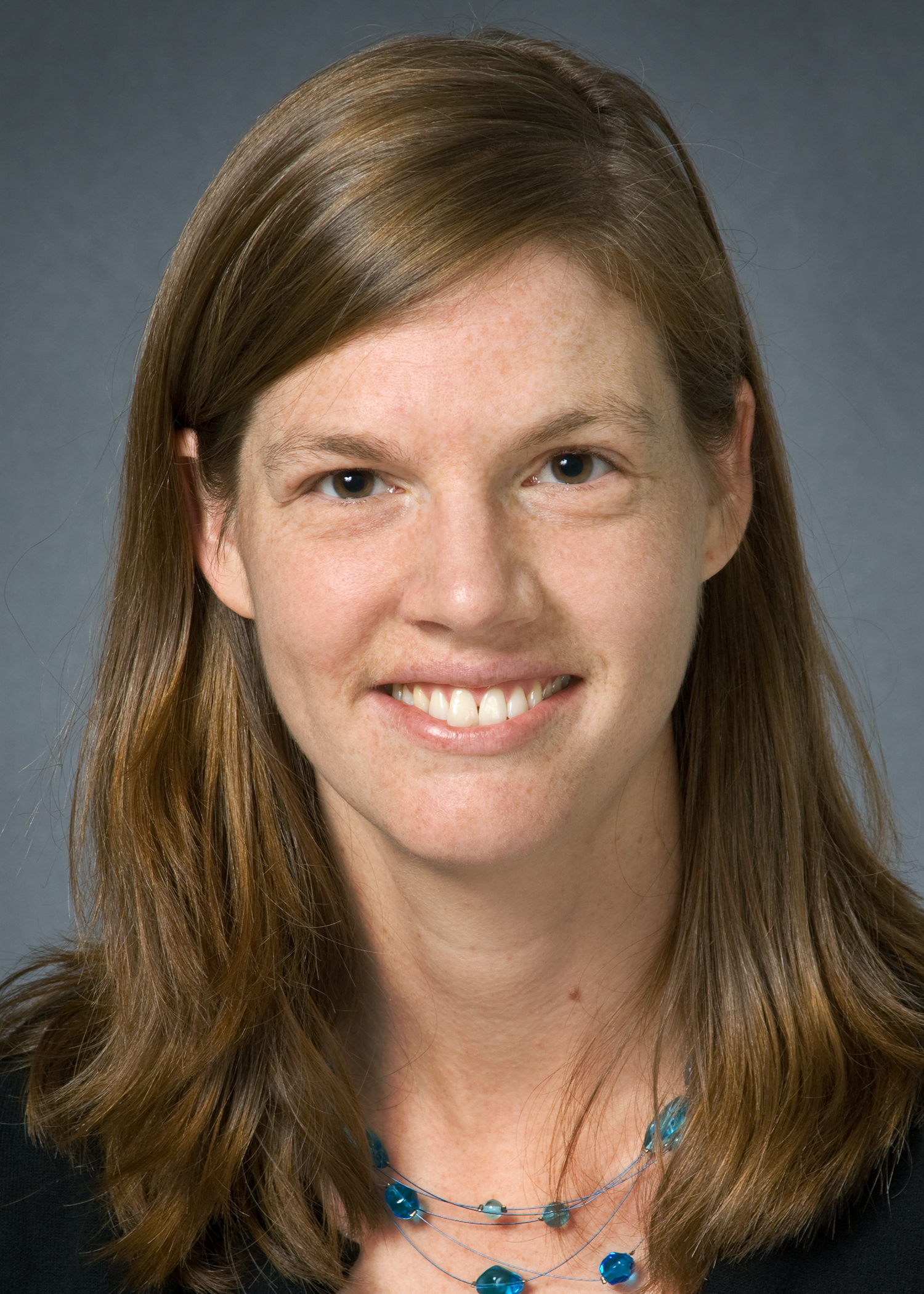 Cecilia Cotton MMath ’03 is an Associate Professor and Associate Chair of Undergraduate Studies in Statistics & Actuarial Science at the University of Waterloo. Cecilia’s research interest is in using longitudinal data to solve problems in public health. Areas of focus include inference for comparing survival rates across multiple dynamic treatment regimens based on observational longitudinal data as well as dosing strategies for hemodialysis for individuals with chronic kidney disease and joint modeling of longitudinal and survival data in the context of causal inference. Cecilia Cotton MMath ’03 is an Associate Professor and Associate Chair of Undergraduate Studies in Statistics & Actuarial Science at the University of Waterloo. Cecilia’s research interest is in using longitudinal data to solve problems in public health. Areas of focus include inference for comparing survival rates across multiple dynamic treatment regimens based on observational longitudinal data as well as dosing strategies for hemodialysis for individuals with chronic kidney disease and joint modeling of longitudinal and survival data in the context of causal inference.
|
Moderator: Craig Kaplan BMath ’96, Associate Professor School of Computer Science

Craig Kaplan (BMath ’96) is an Associate Professor in the School of Computer Science at the University of Waterloo. He research focuses on interactions between computer science, mathematics and art. Using ideas from computer graphics, classical and computational geometry, symmetry and tiling theory, and perceptual psychology, he develops tools and algorithms that generate ornamental patterns or that empower artists and designers. Craig is an associate editor and past editor-in-chief of Journal of Mathematics and the Arts, and helps organize the annual Bridges Conference on interdisciplinary math-art connections.